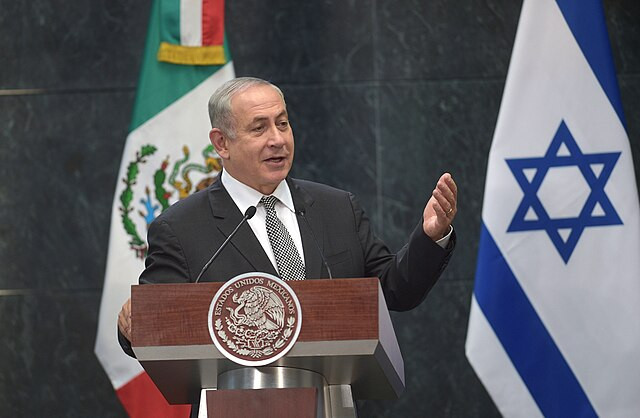In a pivotal development, Israel's security cabinet has ratified a ceasefire agreement that includes a hostage exchange with Hamas, marking a temporary pause in the 15-month-long conflict that has devastated Gaza and claimed tens of thousands of lives. The agreement now moves to the full cabinet for final approval, with the implementation expected to begin Sunday.
The ceasefire deal will initiate a six-week truce, during which dozens of hostages held by Hamas, including women, children, and elderly individuals, will be exchanged for Palestinian prisoners in Israeli jails. Israeli officials emphasize that the truce is conditional and hinges on the fulfillment of security and humanitarian commitments.
The deal's approval followed unexpected delays and internal dissent within Prime Minister Benjamin Netanyahu's coalition government. Far-right cabinet members initially resisted the agreement, raising fears that the negotiations could collapse. Ultimately, the security cabinet's decision paved the way for the next steps.
"This is a vital step on the path to upholding the basic commitment a nation has to its citizens," said Israeli President Isaac Herzog. He expressed optimism that the full cabinet would also approve the agreement promptly.
Under the first phase of the agreement, Hamas will release 33 hostages, including nine ill and wounded individuals, in exchange for approximately 110 Palestinian prisoners. The deal includes a commitment to increase humanitarian aid to Gaza, raising daily truck deliveries to 600, and allowing Palestinians displaced within the territory greater mobility.
The agreement also outlines provisions for future phases, including the return of all remaining hostages, the exchange of deceased individuals' remains, and discussions on Gaza's reconstruction. However, uncertainties remain about the long-term governance of Gaza, with conflicting international and domestic perspectives on the role of the Palestinian Authority.
The agreement has drawn mixed reactions internationally. French President Emmanuel Macron welcomed the inclusion of dual French-Israeli citizens in the initial release, while the Biden administration reaffirmed its support for Israel's security. Netanyahu claimed that both U.S. President Joe Biden and incoming President Donald Trump assured him of backing if negotiations for subsequent phases fail.
Within Israel, the deal has exposed deep political rifts. Ultra-nationalist ministers, including Finance Minister Bezalel Smotrich and National Security Minister Itamar Ben Gvir, voiced strong opposition. Ben Gvir threatened to resign if the deal proceeded, citing concerns about resuming military operations after the truce.
The conflict has inflicted catastrophic damage on Gaza, with more than 46,000 Palestinians killed and most of the region's infrastructure reduced to rubble. Aid organizations warn that the humanitarian crisis remains dire, even as the ceasefire offers a temporary reprieve.
Israel's military operations have continued up until the ceasefire announcement, with intense strikes reported in Gaza on Thursday. The Israeli Defense Forces (IDF) confirmed targeting 50 sites within 24 hours, citing ongoing threats from Hamas militants.




